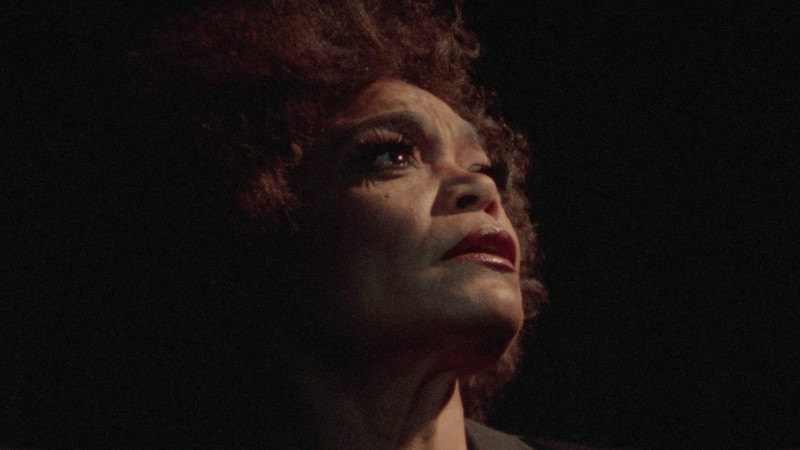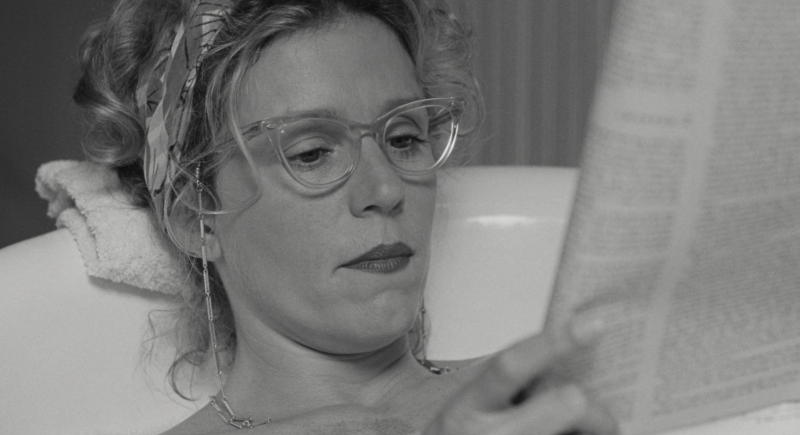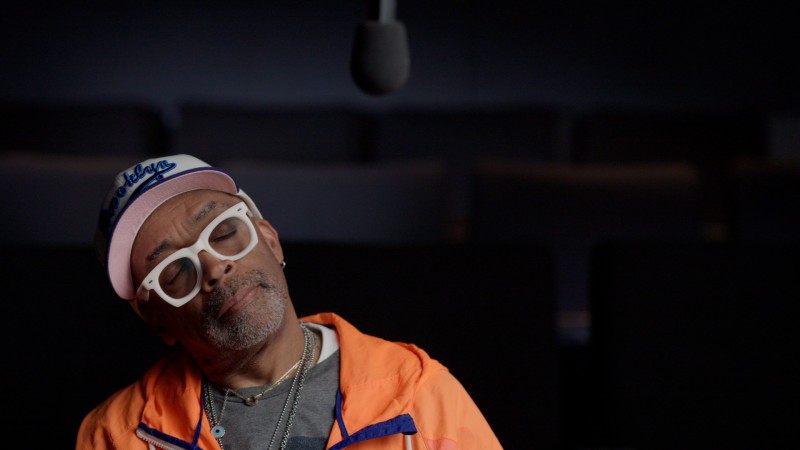The Meaning of Money in The Game

I have a very precise memory of watching The Game for the first time, of sitting on the couch in the family room of my childhood home, inserting the VHS tape, and being totally taken in. At the time I was overcome by the specificity of the details in the film and the illusion of control that they gave me, making me feel smarter than the movie before ever so delightfully pulling the rug out from under me.
Every time I’ve revisited the film since, it has opened up more, or perhaps more accurately, closed in on itself, collapsed in form to reveal a world, our world today, which, as it turns out, is just a plaything for the rich. What stands out to me now isn’t the detail-laden plot—about a man named Nicholas Van Orton (Michael Douglas) and a strange experiential game gifted to him by his brother, created by a company called Consumer Recreation Services—but things like Daniel Schorr, as himself, talking about rising unemployment and a legislative effort to get small businesses to provide health insurance to their workers. Or Van Orton’s utter disgust as he momentarily holds a bag of someone else’s takeout Chinese. While the surface-level pleasures of the film revolve around wondering who in the film is an actual person and who is an actor working for CRS, the foundations of it lie in exposing society’s deep inequality.
The detail that hit the hardest on my last watch was the suit Van Orton wears during a sequence toward the end of the film set in Mexico. A suit you don’t truly see until a shot where he enters a truck stop diner, Johnie’s Coffee Shop, and has to beg for a ride back to San Francisco. The scene begins with Van Orton inexplicably waking up in a mausoleum in Mexico, but in the scene prior to it he looks as he always does, comfortably coiffed, here in a mock turtleneck most likely made of cashmere, a gray sports coat, black slacks, and a very un-Columbo-esque tan trench. His clothes hang perfectly off of him, as is usually the case with those who can afford it.




